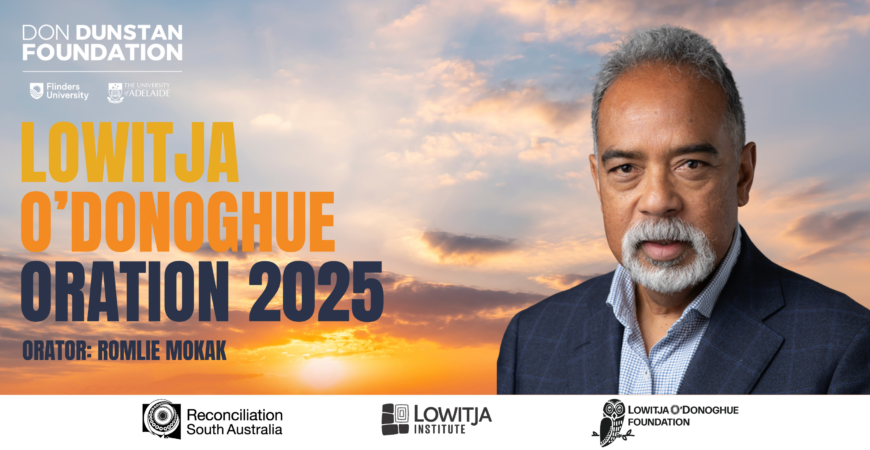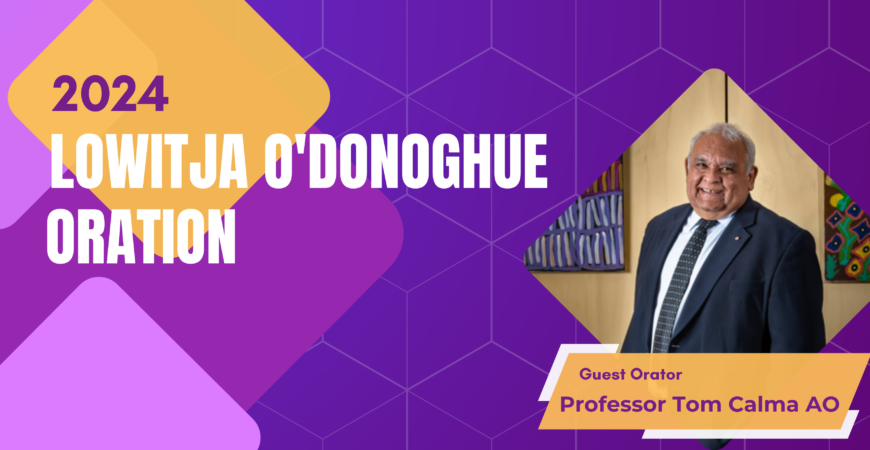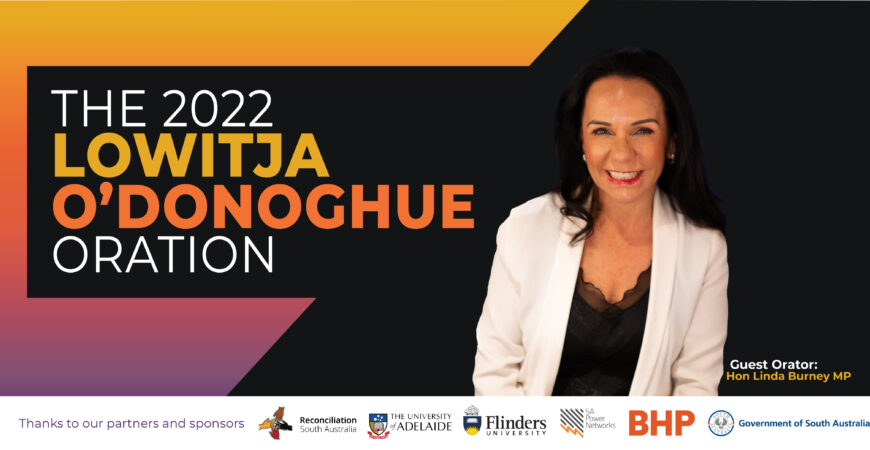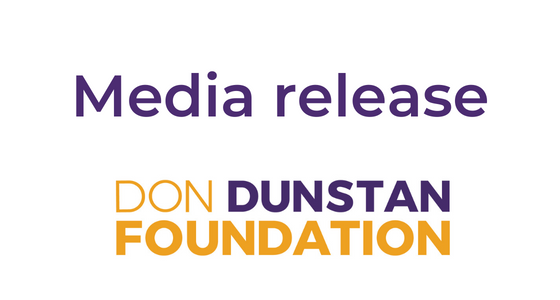OPINION: Early learning reform is vital for gender equality
By Jay Weatherill, CEO of Thrive by Five |
Australia’s current early learning system is bad for children, bad for families, and bad for our economy.
But it is especially bad for women.
Reform of the early learning system is vital for gender equality.
Australian women rate equal first in educational achievement globally, but rate seventieth for economic opportunity.
While the gender pay gap has narrowed over the past decade, it remains persistently high at 14% in Australia. This means the lifetime earnings pay gap for men and women who have children is $2 million.
The lifelong impacts of gender equality for women who have children can also be seen in Australian women also retire with 42% less in their super funds than men, but on average live four years longer.
The Who Cares survey of nearly 6,500 members of the SDA, the union representing workers in retail, online retail, warehousing and fast food, found parents and their children were disadvantaged by a lack of accessible, affordable early learning and care.
More than a third (35%) of mothers and 27% of fathers indicated they would work more hours if they could access more suitable childcare.
Policy failings are also the reasons there are so few women in executive positions today. You are all aware of the numbers: 5/6% of Chief Executives of ASX-200 listed companies were woman.
This is a shameful waste of potential, especially when you consider a recently released Workplace Gender Equality Agency report found that a female CEO increased market value by 5%. So, there are broader implications to the Australian economy.
A universal, high quality, low-cost childcare system will boost living standards by reducing cost and increasing household income and it will play a big role is fixing the gender pay gap, not to mention the positive impact on children’s development and education.
‘Reform of the early learning system is vital for gender equality.’
Jay Weatherill
Reforming Australia’s outdated childcare funding arrangements will create lifelong economic advantages for women. You can’t achieve gender equality without significant reform of the early learning system, from affordability to availability and action on the workforce crisis in a female-dominated sector.
Early educators and early learning staff were on the frontline during the COVID pandemic, yet they still have not received the respect they deserve.
A key reason for this is an appalling lack of recognition of the essential nature of work done by the caring professions – work done overwhelmingly by women. Pay levels in the aged care and early learning sectors remain persistently low, and skills and staff shortages are chronic.
Australia’s system of paid parental leave (PPL) must also be a focus for reform.
Studies show that adequate PPL leads to lower infant mortality rates, health benefits for mothers, higher female workforce participation and increased breastfeeding rates. For fathers, PPL results in increased parental satisfaction, more equitable division of household labour and increased child bonding.
Australia currently has one of the least generous paid parental leave schemes of all OECD countries, offering the primary carer (99.5% of the time, the mother) 18 weeks of paid leave at the minimum wage, and two weeks at the minimum wage provided for the secondary carer.
Compare this with the OECD average of 54.1 weeks of paid parental leave for mothers and eight weeks for fathers or partners, often at the replacement wage rather than the minimum wage and it’s clear Australian families are being short-changed.
A growing number of credible Australian organisations are supportive of increasing PPL to 26 weeks, including the ACTU, Business Council of Australia, KPMG and the Thrive by Five campaign.
Reforming Australia’s outdated and expensive childcare and early learning system must be a top priority for all political parties.
Fixing the early learning system is the type of reform that will define this generation of political leaders, lead to greater gender equity and set Australia on a trajectory of economic growth unmatched in our nation’s history.
We know what’s needed to reform the system, now we must have the political will to make it happen.
Hon Jay Weatherill AO
The Honourable Jay Weatherill AO is the CEO of Thrive by Five, responsible for delivering the Minderoo Foundation’s early childhood agenda.
Jay was Premier of SA for over six years and Minister for 16 years in portfolios including Early Childhood. He holds Law and Economics degrees from the University of Adelaide.
He is an Industry Professor at the University of South Australia, an Ambassador for Reggio Children and on the governance board for Great to Eight, an early childhood research project.
He was made an Officer of the Order of Australia in the 2021 Australia Day Honours list for his work in early childhood development.







